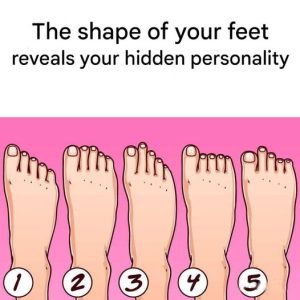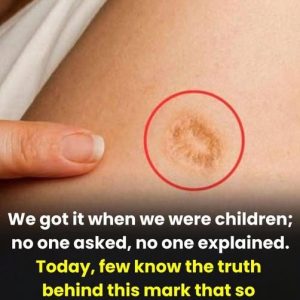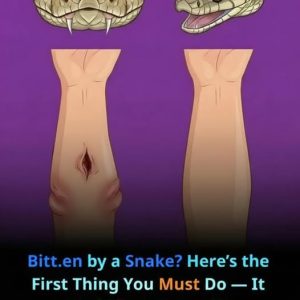Since ancient times, death has remained one of humanity’s greatest mysteries. Despite advances in science and a deep understanding of human physiology, what happens during the final moments of life—and immediately after clinical death—still fascinates and puzzles people worldwide. The exact nature of consciousness at this stage is not fully understood.
A recent groundbreaking study challenges the traditional belief that death marks the absolute end of consciousness. Conducted by researchers at the University of Southampton in collaboration with institutions in the U.S., U.K., and Australia, the investigation focused on near-death experiences in a large group of over 2,000 cardiac arrest patients who were successfully resuscitated.
The study observed that some patients retained memories from the period when their hearts had stopped beating and they were clinically dead. These memories included details of their hospital surroundings, conversations among medical staff, and personal sensations. Remarkably, many of these accounts were later confirmed by witnesses present at the time, indicating that these perceptions were not hallucinations or fabrications.
This research suggests that awareness may continue briefly after cardiac failure, challenging the accepted notion that brain activity ceases immediately once the heart stops. It proposes that the brain might still process information for a short time after clinical death, raising important questions about when death truly occurs on a neurological level.
Beyond medical implications, the findings inspire philosophical reflection on the nature of consciousness and whether some form of awareness persists after death. They open up scientific inquiry into near-death experiences and encourage dialogue among fields such as science, spirituality, and psychology.
In conclusion, death may not be a sudden end but a transitional phase where consciousness lingers momentarily. Understanding this phase has profound implications for medical care, existential thought, and how we approach life’s final mystery.





